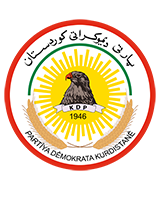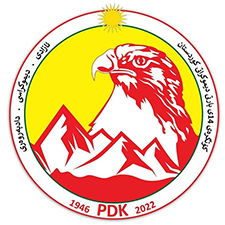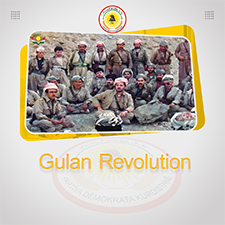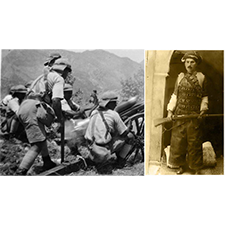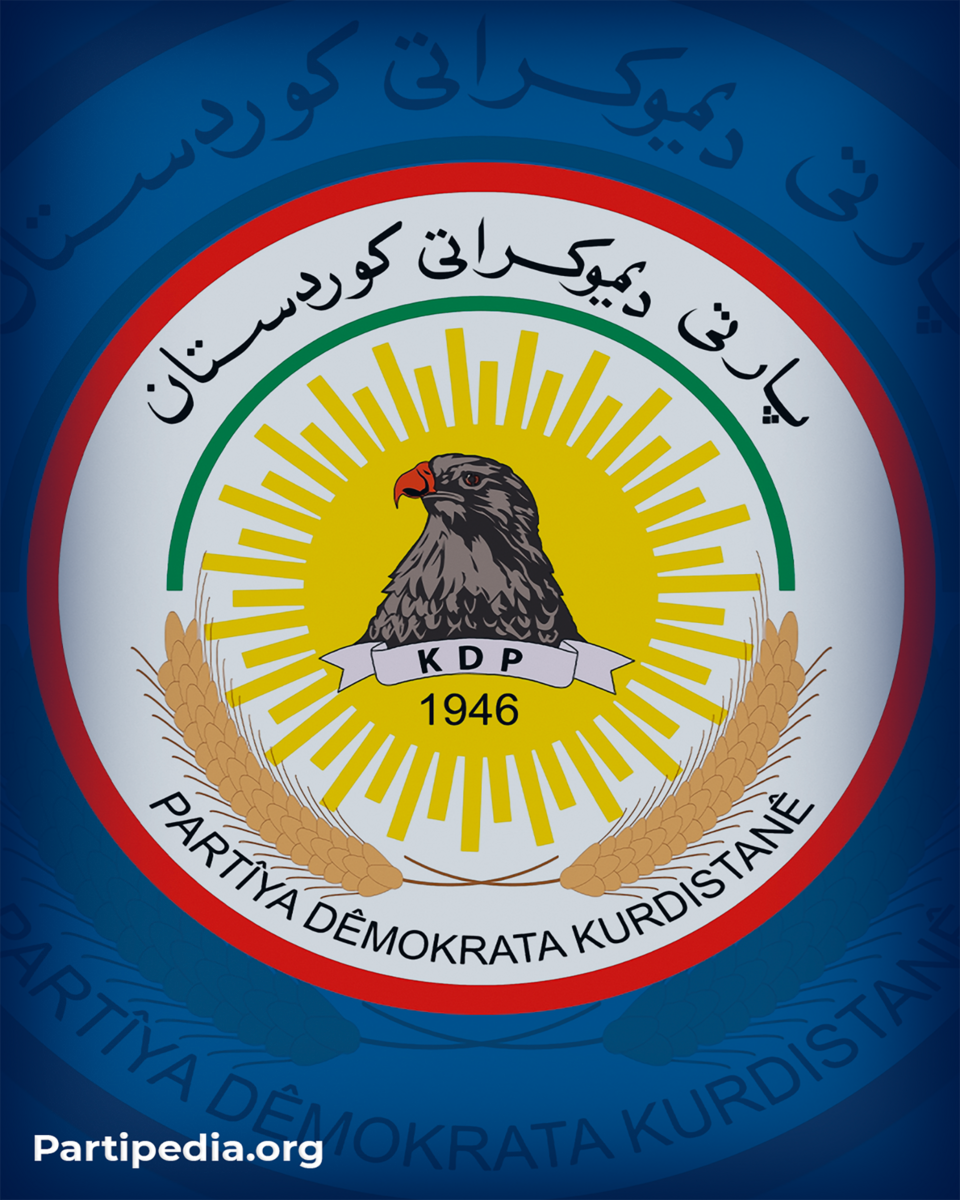Circumstances and causes
The June 29, 1966 agreement between the revolutionary leadership and the Iraqi government was prevented from being implemented by some officers in authority. These officers used the former PDK Political Bureau group settled in Baghdad against the Kurdish revolution by arming their followers and building headquarters for them in some of the areas where the revolutionary Peshmerga forces were located. They also removed Abdul Rahman Bazaz from the prime ministerial post and appointed Tahir Yahya as the new prime minister. Tahir Yahya visited President Mustafa Barzani in late August 1967 with a government delegation. He made some promises to President Barzani about the implementation of the June 29 statement and the disarming of the Jashes (pro-Iraqi government Kurds), especially the followers of the old Political Bureau group.
After a while, it became clear that the government had no intention of disarming the Jashes. On the contrary, they were being supported by the officers of the authorities, without the prime minister's consent. Fighting broke out again between the Jashes and the Peshmerga. This led to weakening relations between the revolutionary leadership and the government in early 1968 and later the outbreak of war on April 15,1968.
On July 17, 1968, the Ba'ath Party launched a coup d'etat and Ahmad Hassan Bakr became president. The regime reduced direct war with the Kurds and began to encourage and arm the Jashes against the Kurdish revolution. That is when the war with the Jashes escalated. After several battles, the government Jashes were finally defeated on October 18, 1968 and took refuge in the government bases in Kirkuk.
After the defeats, in September 1969 the government took the initiative to reach an agreement with the revolutionary leadership and sent a delegation to Nawprdan. After several meetings in Baghdad and Nawprdan, and after the visit of Iraqi Vice President Saddam Hussein to see President Mustafa Barzani on March 11, 1970, an agreement was signed between the Iraqi Ba'athist government and the Kurdish revolutionary leadership. The result was the recognition of what the Kurds had started the revolution for, which was the recognition of the political and national rights of the Kurdish people in South Kurdistan.
Holding Congress
After the March 11 agreement, the congress was held from July 1 to 6, 1970, in the village of Nawprdan, in the presence of 488 delegates. Due to the favorable and peaceful atmosphere, this congress is considered to be the third congress of the Kurdistan Democratic Party (KDP) held openly. Several delegations from different Iraqi parties participated in the meeting, including: delegation of the Ba'athist Arab Social Party, delegation of the Communist Party of the Democratic Homeland, Arab Social Movement delegation, Palestinian Liberation Organization (PLO) delegation, Kurdish parties’ delegation from neighboring countries, Kurdish Democratic Party delegation in Lebanon, and delegation of Kurdish Students Association in Europe and the United Nations. Some famous personalities such as Kamran Badrkhan was also present at the congress.
The congress began with a speech by President Mustafa Barzani, followed by the reading of the political report of the Political Bureau of the Kurdistan Democratic Party (KDP) by Habib Mohammed Karim, Secretary of the KDP in Arabic. Then, at the end of the Eighth Congress, on July 10, 1970, the Central Committee concluded its work by issuing a final statement to the media and its representatives.
The structure of the Kurdistan Democratic Party (KDP), based on the internal rules of the eighth congress, was as follows: Branch, Organizational Committee, Internal Committee, Branch Committee, Central Committee, Political Bureau, Secretary of the Central Committee, President. The Central Inspection Committee also consisted of a member of the Political Bureau and two members of the Central Committee.
The congress delegates approved the program and internal rules, unanimously re-elected President Mustafa Barzani as the party's leader, and elected a new central committee for the PDK as follows.
1- Habib Mohammed Karim, Secretary
2- Dr. Mahmoud Osman
3- Idris Barzani
4- Massoud Barzani
5- Saleh Yousfi
6- Ali Abdullah
7- Nuri Shaweis
8- Sami Abdulrahman
9- Hashim Hassan Akreyi
10- Ismail Mullah Aziz
11- Lieutenant Aziz Akreyi
12- Fakir Mergasuri
13- Fars Bawa
14- Rashid Sindhi
15- Shakib Akreyi
16- Abdul Wahab Atroshi
17- Ali Qasim Sinjar
18- Dara Tofiq
19- Abdul Qarani
20- Sadiq Effendi
21- Zakia Ismail Haqi
Reserve Members of the Central Committee:
1- Rashid Arif Abdulrahman
2- Ali Hazhar
3- Naaman Jesus
4- Sheikh Reza Gulani
5- Jarjis Fathullah Shamas
6- Mohammed Mullah Qadir
7- Shaban Saeed Mohammed
8- Hamid Barwari
9- Qadir Jabari.
The Political Bureau consisted of the following:
1- Habib Mohammed Karim, Secretary of the Central Committee
2- Dr. Mahmoud Osman, Head of the Foreign Relations Committee
3- Aziz Akreyi
4- Sami Abdulrahman
5- Saleh Yousfi, Head of the Mass Organization Bureau
6- Ali Abdullah
7- Nuri Sadiq Shaweis.
Meanwhile, the old Political Bureau group, which still worked under the name of the PDK, held its seventh congress in Baghdad. At the congress, they talked about dissolving themselves and joining PDK, and they decided to dissolve themselves by a majority vote. They contacted Masoud Barzani through the fourth branch of the PDK and asked him to convey their request to President Mustafa Barzani. After President Barzani was informed of their request, he issued an amnesty. On August 7, 1970, Jalal Talabani arrived Haji Omeran and met President Barzani. After several meetings, on October 1 of the same year, they were unanimously granted a general amnesty and returned to KDP.
Sources:
ئهرشیڤی دهستهی ئینسكلۆپیدیای پارتی دیموكراتی كوردستان




